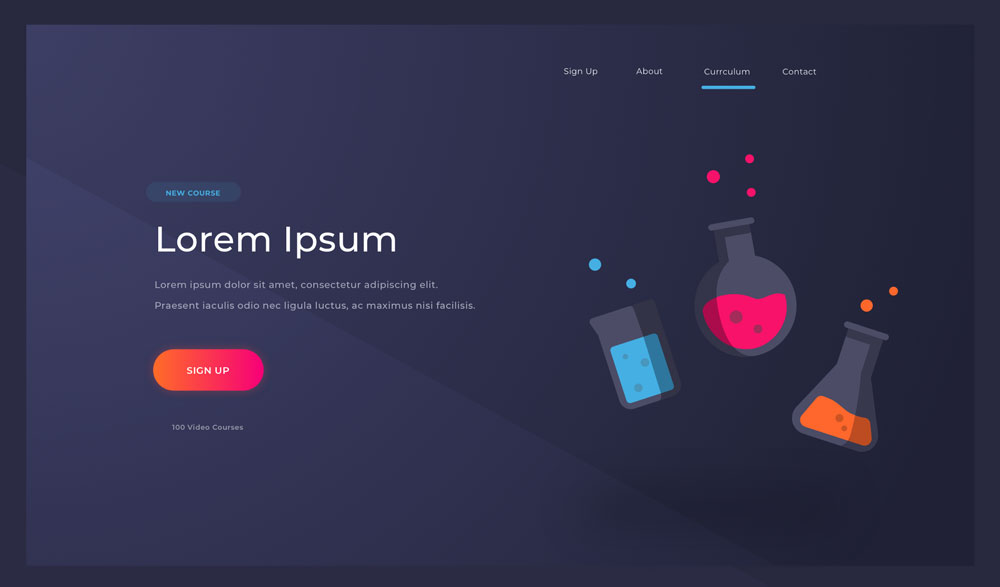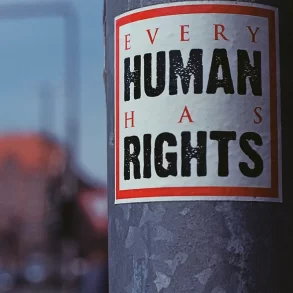If you’re looking to become a web developer, you will love this quick post. A web developer makes our online lives go round. Were it not for web developers, online shopping would be a myth, browser-based games would cease to exist and pretty much everything else we do online would come to a stall.
A web developer is a programmer who specializes in building websites and other web applications. The website you’re reading now was built by a web developer. Facebook, Gmail and all those websites/web apps you use on a daily basis were built by web developers.
And did you know web developers earn a median salary of over $68,000 per year? Yep that’s according to data collected in 2017 by the U.S. Bureau of Labor Statistics. With time and experience, web developers usually become senior software engineers with an average salary of $108,000 per year.
Clearly, web software development is a lucrative and future-proof career option, more so now that the whole world is going online. You can get a piece of this action by pursuing web development as a freelancer or a full-time employee. Either way, the steps to becoming a successful web developer remain the same.
And in today’s post, we offer you the blueprint you need to become a well sought after web developer. We show exactly the steps you need to take to start a profitable career in web development. At the end of the day, success depends on the efforts you put in your career.
How to come up with an idea for a promotional videoThat out of the way let us get down to business. Please don’t hesitate to share your thoughts and suggestions in the comment section at the end.
How to Become a Web Developer

I think you’ll agree when I say: starting a career in any tech-related field is no joke. Where do you start? In which fields should specialize? Don’t you need to learn coding and all that tech-stuff that would scare the hammer out of Thor’s hands?
Well, turns out you can become a web developer so easily you’ll be sad you didn’t start earlier. Read on to learn how to become a web developer employers love to hire.
10 Best-of-the-bread PSD to WordPress Conversion Service ProvidersChoose a Specialization
The first step to becoming a web developer involves choosing a field of specialization. Usually, there are two main types of web developers namely front-end and back-end.
Front-end web developers are responsible for the interface that users see. They are usually in charge of how buttons, menus and other user experience (UX) elements play together. A front-end developer is usually skilled in HTML, CSS and JavaScript among other front-end languages.
Back-end web developers, on the other hand, are responsible for the core functionality that makes a website or web app run to begin with. They ensure shopping carts work, contact forms actually deliver mail, and the website is up to date with the latest technologies.
Automating DevOps Monitoring: From Code to ProductionA web developer who has front-end and back-end skills is known as a full-stack web developer, and they are in huge demand. To set a career path and prepare for future education, you must choose the field you’d like to specialize in.
And this goes beyond front-end and back-end development. You can even choose to either build web apps (e.g., Chrome Extensions, WordPress plugins etc) or stick to developing websites. Choosing a specific field allows to become an expert faster than being a jack of all trades.
Get a Web Developer Education

You will be glad to know that you can become a paid web developer with or without formal education. According to the Maryville University website, employers are actively looking for candidates with at least a degree in software development, computer science or equivalent experience.
Top 10 Must-Have WordPress Plugins for DesignersStill, I have seen many self-taught developers killing it in the industry. As a front-end developer, you need to familiarize yourself with web authoring languages such as HTML, CSS, JavaScript and PHP. You might need to learn how to use programs such Adobe Photoshop but it’s not necessary.
As back-end web developer, you will need a more diverse set of skills. On top of the skills needed by front-end developers, you will need to have skills in languages such as Python, Ruby On Rails and an understanding of database tools such as MySQL.
At the end of the day, to become a web developer – according to this article on Wikipedia – you need advanced knowledge/skills in:
- HTML, CSS, JavaScript and jQuery
- Programming skills in any server-sided languages such as Perl, Ruby On Rails, PHP, Python, ColdFusion, ASP.NET, Java and Node.js among others
- Ability to manipulate databases
- AngularJS, EmberJS, ReactJS and other front-end tools
Even if it has its benefits, you don’t need a formal education to become a successful web developer. There are tons of web development tutorials and articles to help you learn.
Build a Portfolio

Using the skills you learned in step number two above, create a couple of sample projects and post them up on an online portfolio. How can you claim you’re a web developer, while you don’t have a website or even samples?
How are employers going to judge your expertise and competency? An online portfolio serves two main purposes:
- Firstly, a portfolio website marks you as a professional web developer (It’s like your online office, seeing as you’re a web developer)
- Secondly, it allows prospective employers to gauge your skill set
So, create an online portfolio and fill it up with samples you create as you practice your web development skills (this is another tip by the way). You can even share the projects you create on platforms such as GitHub, for more exposure and collaboration.
Practice and Apply Yourself
Lastly, you cannot learn how to drive a car by reading articles or watching videos on YouTube. Similarly, you cannot become an expert web developer by reading tutorials. You need to get down and dirty, and get that most-crucial hands-on experience.
So, don’t sit on your education (formal or not); practice and practice some more keeping an eye out for the latest web development trends and techniques. Yeah, that’s the thing with web development; it’s a fast paced environment, which means what worked a year ago might be obsolete today.
On top of that, apply yourself by submitting applications t multiple employers. You can find web development jobs online or offline – it all depends on how you want to work. The best part is there is no shortage of web development jobs.
Final Words
Becoming a web developer is easy provided you are ready to commit time to learn the ropes. Remember, if you go freelance, you will be running a business, which points to the apparent need for business-related skills.
At the end of the day, a career in web development is lucrative and highly fulfilling, provided you follow your passion. Do you have any thoughts or questions? Please bring the fight to the comment section below.







